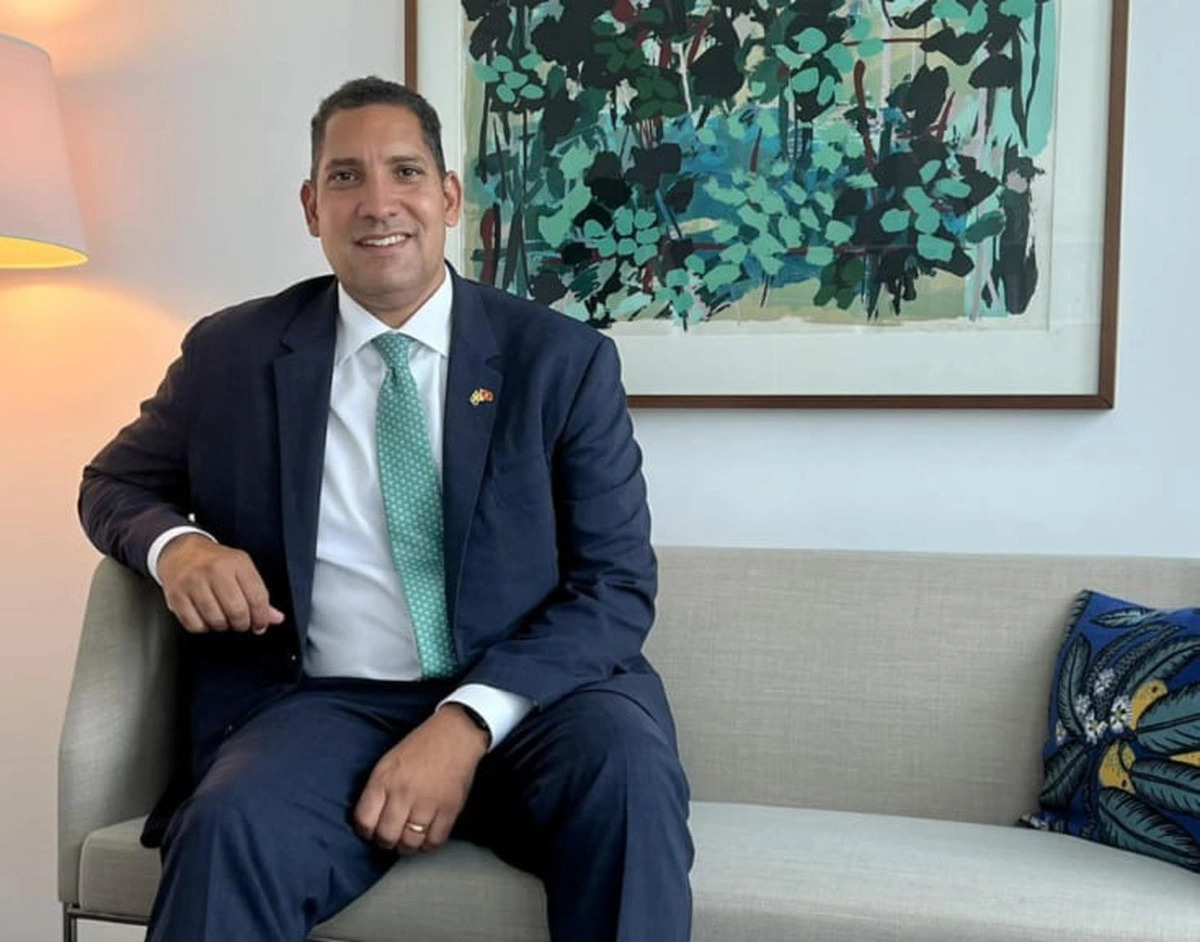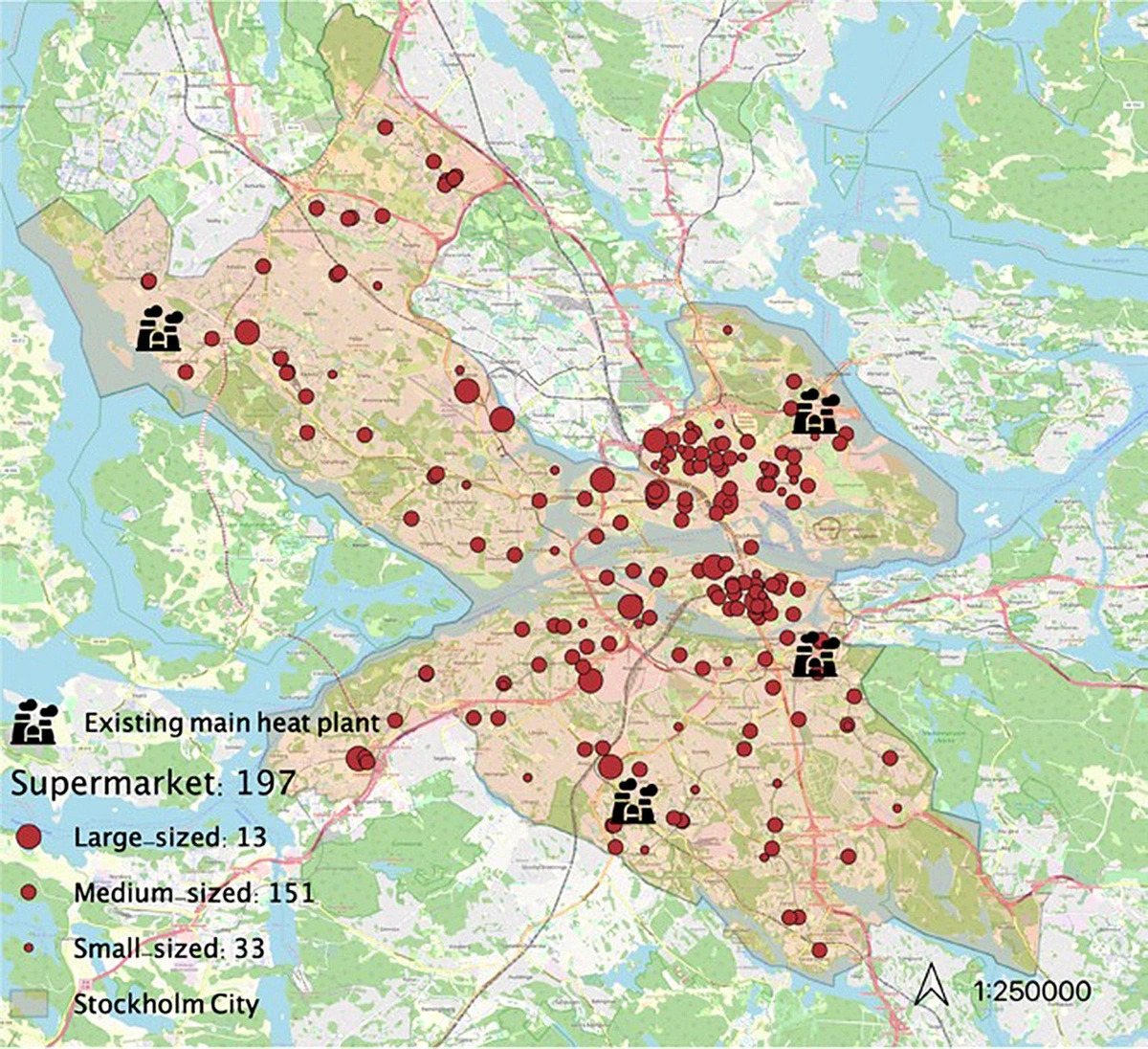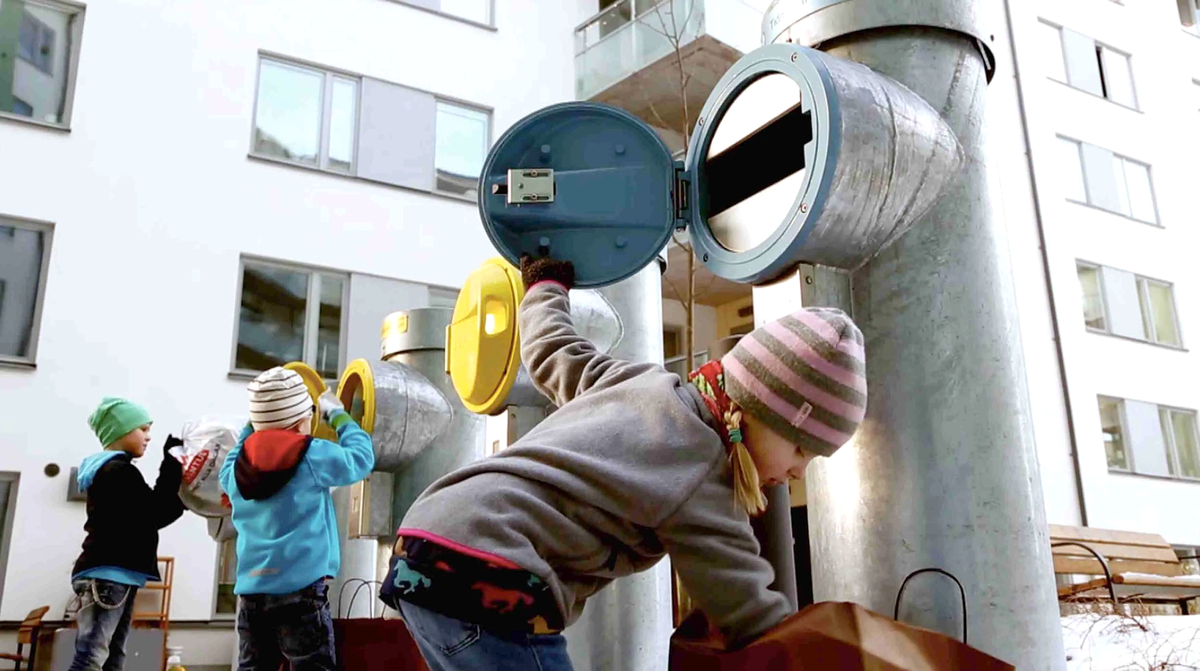Swedish Ambassador to Vietnam Johan Ndisi has highlighted how his country's gross domestic product (GDP) continues to grow with reduced electric consumption, hoping that this expertise could help the Southeast Asian country reach its net-zero emissions targets.
Sweden is on its way to becoming the most carbon-neutral economy globally, predicting its national use of fossil fuels will end by 2045.
To reach this point, the ambassador recounts lessons learned through an energy crisis and how they continue to dictate natural energy sources.
Oil crisis forged transformation
Sweden's heavy dependence on oil was the catalyst in the 1970s global oil crisis.
At the time, Swedish authorities had to apply an oil rationing system, similar to food rations, amidst a short supply and soaring prices.
Ndisi told Tuoi Tre (Youth) newspaper that the economic gains of the previous ‘golden period’ were at risk of being wiped out, forcing the Swedish authorities to rethink their energy strategy.
The Nordic country’s government decided to shift to nuclear power to reduce dependence on fossil fuels.
Sweden also invested in central heating by building large heating plants to meet the demand of clusters of households as well as industrial parks with insulated piping and underground infrastructure.
The ambassador said the cost of change was high, but the government decided to adopt this approach and stuck with it.
As a result, 97 percent of energy for heating in Sweden today comes from biofuels and waste-to-energy incineration.
While developing energy solutions, the country also took steps to decouple economic growth from electricity consumption, separating the use of electricity from their market stability.
|
|
| A map shows the locations of the existing main heat plants in Stockholm, Sweden and those supermarkets receiving heating energy from these plants. Photo: Elsevier |
As a result, from 1995 to 2019, Sweden's GDP per capita increased nearly 50 percent while electricity consumption per capita decreased year after year.
This achievement was attributed to the efficiency of the national electricity transmission systems.
Ndisi believed that Sweden's success story is proof that a highly industrialized country, known for steel, cement, and automobile production, can still be successful in reducing both emissions and electricity consumption while boosting GDP expansion.
Decarbonizing the economy
Sweden seems to have found the formula to grow its economy while protecting its climate and environment.
“Sweden is committed to becoming one of the first fossil fuel-free countries in the world and renewable energy is at the heart of this transition” Ndisi affirmed.
In 2023, around 67.8 percent of electricity generated in Sweden came from renewable sources such as wind, hydro, nuclear, and biomass, according to the International Energy Agency.
Sweden's efforts to decarbonize its economy are supported by a natural advantage -- the country is 70 percent forestry.
But, natural benefits aside, the government plays an important role.
Since the 1990s, Sweden has applied one of the world's first carbon taxes, and today it is among the highest carbon taxes internationally.
The tax accelerated changes in the energy and heating sector and created incentives for people and businesses to invest in renewable energy instead of fossil fuels.
“We have expanded offshore and onshore wind farms and continue with innovative solar solutions," Ndisi said.
"This transition is supported by government policies that promote investment and research in renewable energy.”
As a result, Sweden emitted five times less CO2 per capita than the European average in 1990.
|
|
| Swedish children practice sorting waste for recycling in the Swedish capital of Stockholm. Photo: City of Stockholm |
Since then, Sweden has reduced its net greenhouse gas emissions by 80 percent compared to the European Union average of 30 percent.
Besides changing the structure of its energy sector to reduce its dependence on fossil fuels, Sweden also promoted waste management and recycling for critical environmental maintenance.
According to Ndisi, Sweden not only encourages recycling but enforces a cultural norm of using natural resources and reducing waste at all levels of society.
“Our recycling rate has reached 99 percent, a milestone achieved through effective management and public engagement,” he added.
Ready to share experience with Vietnam
“By sharing our experience and technology, we can support Vietnam in creating sustainable systems that not only benefit the environment but also drive economic growth,” the Swedish ambassador believed.
He supported sustainability events like the Green Economy Forum & Exhibition 2024 (GEFE), taking place from Monday to Wednesday in the southern hub of Ho Chi Minh City.
Such forums where businesses and citizens can share best practices, learn from each other, and inspire joint actions are paramount.
The diplomat affirmed that Vietnam can achieve a high recycling rate like Sweden's by launching strong recycling initiatives, education campaigns to help raise awareness, and policies encouraging businesses to reduce waste.
He believed renewable energy is one of the most promising sectors for Vietnam, given the country's ambition of a greener energy future.
Celebrating Vietnam's ambitious goal of net-zero emissions by 2050, the ambassador outlined the importance of shifting from fossil fuel-based energy sources to clean, low-carbon energy systems.
“It's important not to feel discouraged during times of change,” Ndisi said.
"Vietnam is experiencing a rapid transition in the energy sector, and challenges are inevitable, including transmission losses, voltage fluctuations, and limited capacity to integrate renewable energy sources.
"Sweden has solutions to help overcome this situation.”
Like us on Facebook or follow us on Twitter to get the latest news about Vietnam!




















































